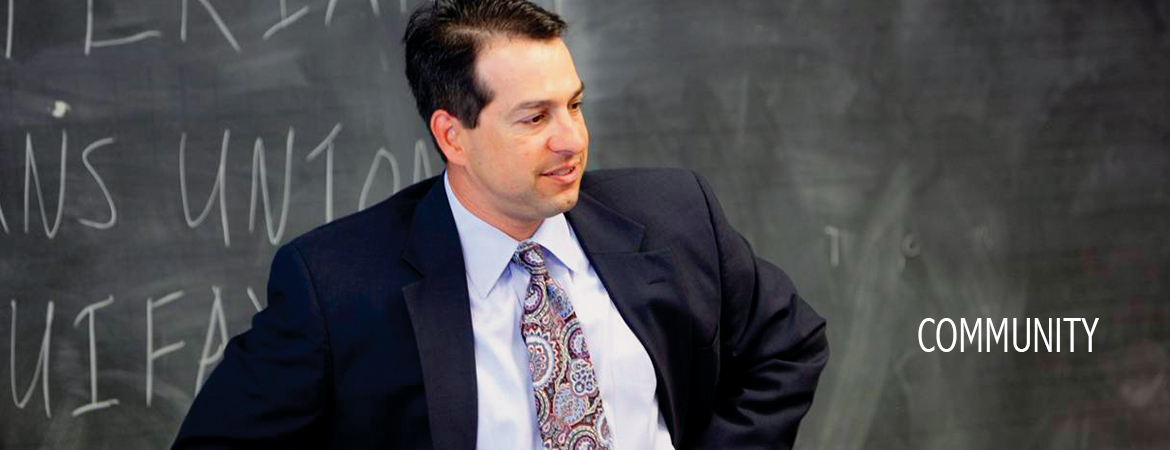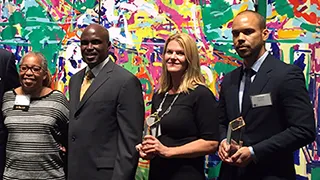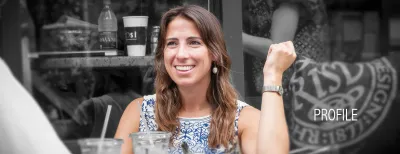
About F.A.C.E.
About F.A.C.E.
A former charge-card hawker founds a nonprofit devoted to financial literacy.
Chris Palermo estimates that he recruited more than 20,000 people to sign up for charge cards — most of them college students — while working at his first job out of college for a credit card company.
Years later, he began to experience a tinge of regret when he became a mortgage broker and found himself turning down 20-something after 20-something because they had too much debt to qualify for a mortgage.
“I’d ask, ‘How did you get all this credit card debt?’” Palermo says, and the answer was usually that they used it to buy a better lifestyle in college than they otherwise could have afforded. “It made me wonder: Didn’t anyone ever teach them about this in high school?”
A few times, he actually asked; and sure enough, the answer was always no. “They would say, ‘I wish somebody had told me.’”
Palermo decided to become that somebody.
“I try to do a lot of exercises to help them understand how if they start saving at a young age, their savings will grow over time,” Robak says.
Credit card companies used to recruit new sign-ups on college campuses. That practice was outlawed several years ago.
Palermo says it was effective. “For example, if we were working a Penn State football game where Penn State was playing Michigan, we would bring a bunch of blue and white T-shirts that said ‘Beat Michigan.’ They were specifically created for the event we were going to sell at.”
Nowadays, Palermo says the companies still market effectively to college students by recruiting them just off campus and through other targeted techniques.
He founded the nonprofit F.A.C.E. — the Foundation for Adolescent Credit Education — to warn teens (seventh grade through first-year college students) about these tricks and to teach them the importance of creating and maintaining a high credit score.
Tricia Robak, a Drexel LeBow associate clinical professor of finance, is on the board of F.A.C.E. and teaches some of the seminars.
“Pennsylvania does not require financial education for high school students,” she says. “Most students have an idea of what credit cards are, but most don’t understand how much you can damage your credit score, or that if you don’t have a high credit score, you end up paying a lot more for your mortgage.”
Robak says, especially for the younger students, they stress the mantra “cash is king,” and warn them to only bring as much money as they need for the item they intend to purchase, to help avoid impulse spending.
They tell the older students that they should consider getting a credit card so as to establish a credit history, which will eventually help them get a mortgage or a business loan. But they warn them to treat credit cards as a last resort — perhaps for an emergency — and to pay them off every month.
F.A.C.E. also stresses the importance of saving. “I try to do a lot of exercises to help them understand how if they start saving at a young age, their savings will grow over time,” Robak says.
Participating schools don’t have to pay for F.A.C.E. workshops, but many make a small donation to cover the cost of materials — mainly, the cost of printing the financial literacy workbook that Palermo created for his workshops. He also raises money through grassroots fundraising methods such as raffles and dinner events, as well as throughits website. F.A.C.E. is fully a volunteer effort.

